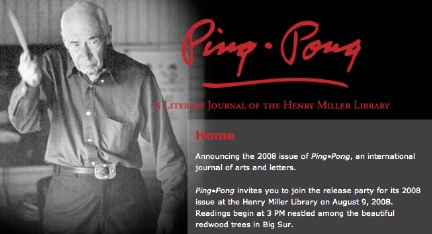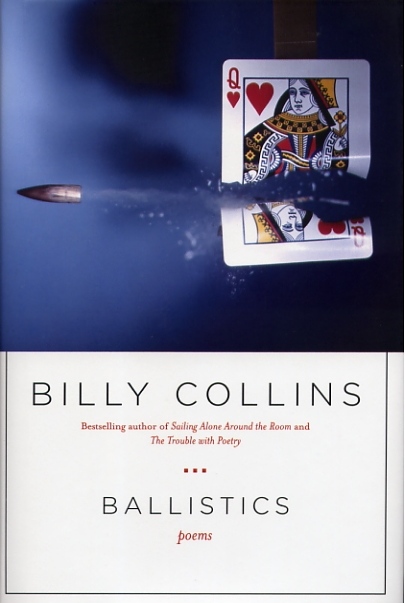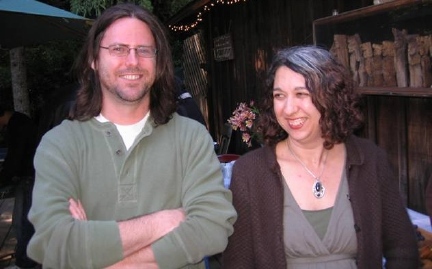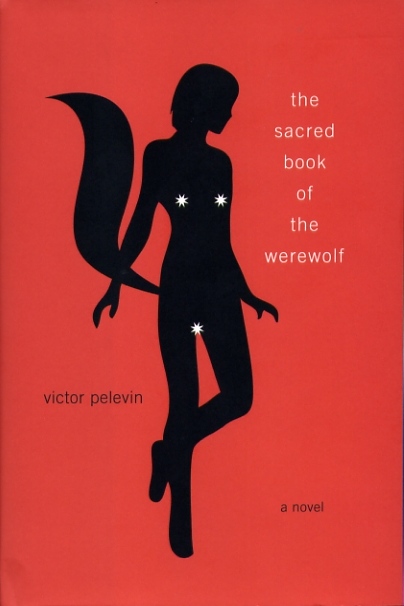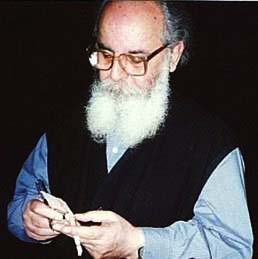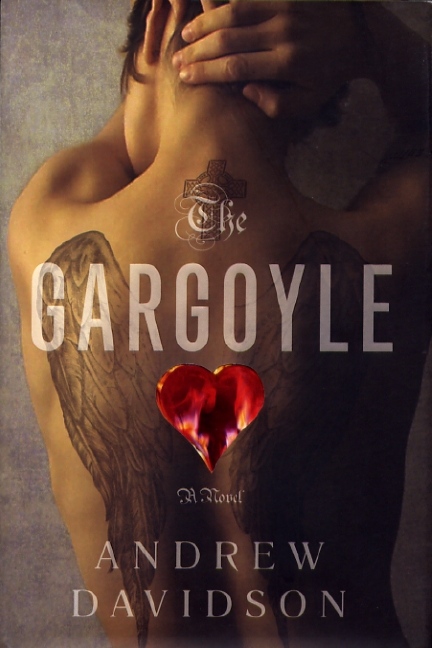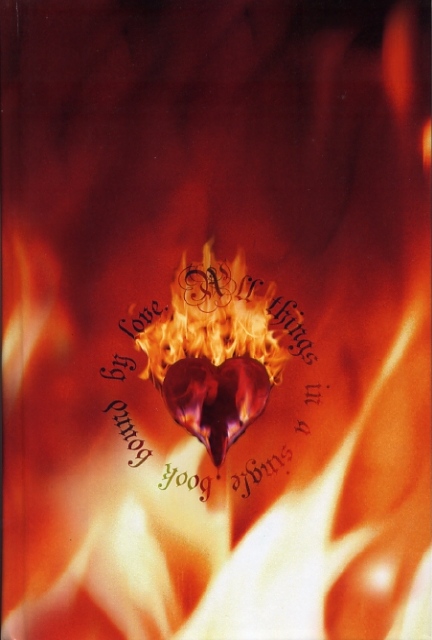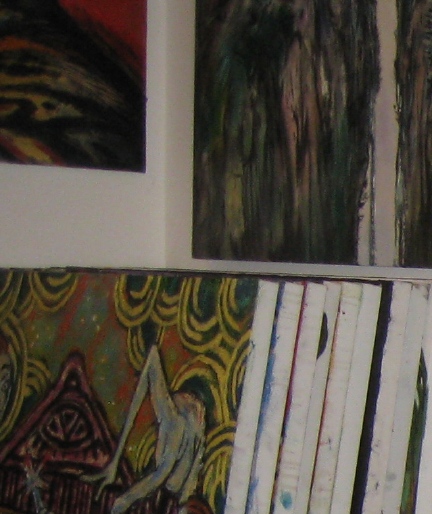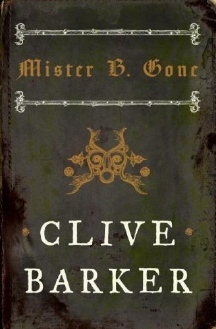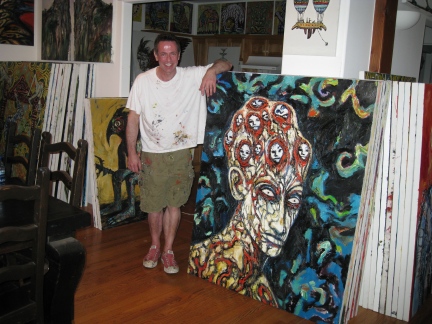|
|
|
|
This Just In...News
From The Agony Column
|
| |
|
09-05-08: Billy Collins Goes 'Ballistics' ; Kathryn Petruccelli Reports
from the Ping Pong Literary Magazine Party : Interview With Ping Pong
Fiction Editor Jessica Breheny: Speculative Fiction
|
Bullet-Proof Pop
Poet
The only Poet Laureate
of the United States I ever met was Mark Strand, back
in the day, at UC Irvine. For all the godliness and ethereal value the
title implies, I'm here to tell you he was 100% human. He was also a damn
good writer, the kind of poet whose work was accessible and artistic in
the unique manner of good poetry.
Some mumble-mumble years on we have a new ex-Poet Laureate of the United
States, Billy Collins, who has managed to take poetry
back to the masses without compromise. His latest book, 'Ballistics' (Random
House ; September 8, 2008 ; $24) is a great opportunity to buy first edition
hardcover poetry that will seem eminently worth the purchase price. The
cover image for this book is telling and important, because it visually
conveys the effect of a good poem. In a brief moment, your world is sheared
in two; before and after you read the poem. Poetry is about jarring perception
and changing your vision of the world around you. Collins knows how to
do that and makes it look ridiculously easy.
Of course, it's not at all easy. The polish and power that Collins brings
to his work is the result of a unique immersion in life and language.
He's able to use pretty simple language to achieve complex goals, revising
what we see in our world into a richer, more refined perspective. Here's
a clip from No Things:
This love of petty things
part natural from the slow eye of childhood
part a literary affectation,
this attention to the morning flower
and let in the day to a fly
strolling along the rim of a wineglass–
are we just avoiding the one true destiny,
when we do that?
He concludes:
What good is the firefly,
the droplet running along the green leaf,
or even the bar of soap spinning around the bathtub
When ultimately we are meant to be
banging away on the mystery
as hard as we can and to hell with the neighbors?
Banging away on nothingness itself,
some with our foreheads
others with the maul of sense, the raised jawbone of poetry.
And thusly I rest my case. Poetry you can read, that you can actually
look foreward to reading, not just once, but more than once. We need to
bang our head against these words, to have Collins point out to us those
parts of our lives that might otherwise go unnoticed but are actually
more important than any other. Our perceptions of our lives are alas skewed
by our senses. Seeing, hearing, touch, taste, smell, our emotions; they
show us the stars and planets and solar systems, the galaxies in our personal,
pocket universes, and that's well and good. It's best we not plunge into
the suns, the black holes, it's smart to land gently on the planets that
will serve us best. But more than half of our universe is made up of Dark
Matter; stuff we dont see but that we know must affect us deeply.
Collins shines a light on the Dark Matter with fresh simple language and
poetic intelligence. Not many of us have it; all of us need it. Here's
a book you can consult daily. Read the poems once; then read them again.
There's no shortage of mysteries in our lives that require the perceptions
of poetry to unravel.
|
Agony Column Podcast
News Report : Kathryn Petruccelli Reports from the Ping Pong Literary
Magazine Party : Interview With Ping Pong Fiction Editor Jessica Breheny:
Speculative Fiction
|
Ping
Pong Managing Editor Dan Linehan, Fiction Editor Jessica Breheny. |
Today's Agony Column
Podcast News Report continues the audio from the Ping Pong Magazine release
party. This time, Kathryn Petrucelli speaks with Ping
Pong Fiction Editor Jessica Breheny about her new-found
interest in speculative fiction, spurred by her love of Lady Churchill's
Rosebud Wristlet. I know that Santa Cruz author Seana Graham,
who had apiece in the last LCRW, also has a piece in this issue of Ping
Pong, and rest assured that I'll be speaking with her at length about
submitting speculative fiction to a literary journal. Here's
the audio link.
|
| |
|
09-04-08: Victor Pelevin Unearths 'The Sacred Book of the Werewolf'
; Agony Column Podcast News Report : Kathryn Petruccelli Reports from
the Ping Pong Literary Magazine Party
|
MS Found on a
Hard Disk
|
Something
in the air with reds and blacks. |
One of the joys of
trolling through the stacks of Logos
used books in the past few years has been my luck in looking for one thing
while discovering another. So, like any good bookhound, I'm always on
the alert for an early George
Pelecanos novel. Those old Nick Stefanos books look unimposing but
fetch a few pretty pennies should one be willing to part with them. And
since they look so normal, I can see someone cleaning out the shelves
without thinking about it. After all, at Logos, I found a perfect condition,
first edition UK hardcover of Phil
Rickman's 'Crybbe', published in the US as 'Curfew'. I t set me back
about seven bucks. So I troll through the R's then work backwards to the
P's, looking for Pelecanos ... but finding Victor Pelevin.
One of my earliest
interviews for KUSP was with Ira
Sher, who told me I'd like Victor Pelevin. First,
I found 'The Life of Insects', a satire about Russia that involves
humans who transform into bloodsucking mosquitoes. A
couple years later, Canongate started a line of Classics, which included
Pelevin's 'The Helmet of Horror', a chat-room twist on the Minotaur myth.
As an old Unix shell script programmer, I had to admire a novel that compared
myths to mental shell scripts.
Which brings us to 'The Sacred Book of the Werewolf' (Viking / Penguin
Putnam ; September 8, 2008 ; 425.95), Pelevin's first new US novel in
six years. We're told that it's a big seller in Russia, which in the current
political climate, may or may not be seen as a hearty endorsement. Pelevin's
novels are nothing if not political, filled with sharp jabs at everybody
and everything. Even if the cover looks, well, a bit familiar.
'The Sacred Book of the Werewolf' begins with the sort of meta-fictional
cheese that I just love. It's a "Commentary by Experts" which
basically says that the whole shebang is a farrago of incompetently cobbled-together
lies. Yes, lies, all lies! "...supposedly found on the hard disk
of a laptop computer discovered in 'dramatic circumstances' in one of
Moscow's parks." Now look, how can you not love a novel that gets
mysterious hard drives, ball lightning, and a few Russian variations of
the word "fuck" crammed into the first three pages?
The narrative turns out to be the entertaining story of A Hu-Li (much
fun is had with the obscene implications of the Russian version of the
name), a shape shifting werefox in all senses of the word fox. When human,
she's a fifteen year-old Moscow prostitute who uses the special organ
seen as her "tail" to charm men into thinking they've had some
kind of awesome sex shortly before she consumes their life force. Problem
is she's pretty damn old and still technically, uh, a "weergin"
as Andy Warhol's Dracula would have it. Enter Alexander, a Russian
werewolf with connections to Big Oil. No wonder they're such vicious cut-throats
there. Stir ungently for 333 pages, adding dollops of sardonic humor,
over-the-top supernatural sex and scathing political satire. Bathe in
blood, lather, rinse, repeat until you discover just who and what you
truly are.
|
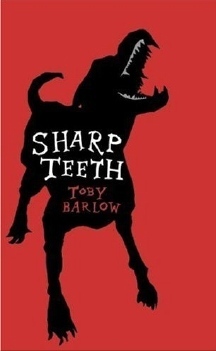
|
Howlingly familiar. |
I'm guessing that whoever
did the cover of this book had a look at the cover of Toby
Barlow's epic werewolf poem 'Sharp
Teeth', checked the sales figures for that one and made a quick and
easy decision. Funny how this cover vibe seems to work.
But however you color it; generally in reds and blacks, blood and shadow,
oddball werewolf epics are OK by me. Funny how the vampires seem to get
these slick bestseller teeny-book treatments, but the werewolves ... they're
up for rougher action.
And I'm thinking it can't be a coincidence either that George Pelcanos
has a new novel, 'Turnaround' out at the same time. Go looking for one,
and pick up both. You might experience a bit of pleasantly paced culture
shock.
That'll no doubt lessen the shock when Russia and America come to blows.
World War Three, limited nuclear exchange and werewolves. Somehow it all
seems to fit.
|
Kathryn Petruccelli
Reports from the Ping Pong Literary Magazine Party : Interview With
Ping Pong Poetry Editor James Maughn
|
Mr.
Houshang Ebtehaj, aka H. E. Sayeh. |
Today's Agony Column
Podcast News Report continues the audio from the Ping Pong Magazine release
party. This time, Kathryn Petrucelli speaks with Ping
Pong Poetry Editor James Maughn about their interest in international
and translated poetry. Maughn reads from the work of Mr. Houshang
Ebtehaj, who writes under the pen name of H. E. Sayeh.
Here's a link
to the audio that will link you to a wider world.
|
| |
|
09-03-08: A Review of 'The Gargoyle' by Andrew Davidson ; Agony Column
Podcast News Report : Kathryn Petruccelli Reports from the Ping Pong
Literary Magazine Party
|
Literate Imagination
Andrew Davidson's
'The Gargoyle' is getting a fascinating treatment – in the bookstores
and literary reviews. Perhaps it's to be expected, given the title of
the work and the unusual content, but where I've looked, it's getting
shelved and reviewed with the science fiction genre, and I'm here to tell
you that's not right. I've read plenty of science fiction, fantasy and
horror genre fiction, and this is not a work that should be classified
with genre fiction, nor should it be primarily offered to genre fiction
readers. I do think it will appeal to them, but it's not going to strike
them as being genre fiction, even if it does include an up-close and personal
vision of hell itself. 'The Gargoyle' is a work of pure literary fiction,
period. Readers who like literary adventure fiction are going enjoy the
heck out of 'The Gargoyle'. Readers of the entire raft of genre fiction
variants will as well, but this work is not written with them, or anyone
else, for that matter, in mind.
|
Front
cover beneath dust jacket. |
This is a case of the publisher getting it right, and lot of bookstore
owners, and book review page editors getting it wrong. The reviewers seem
to get it right, but your average literary reader might not look at the
SF&F reviews. And they might not wander over to the SF&F aisle
and pick this book out as being something different. But they should.
Random House positioned this book as a big fall book, a literary work,
because that's what it is. But the outré subject, the tangled storytelling
style and the inclusion of elements of the fantastic seem to have convinced
a few people that it's some kind of horror or SF novel, which its
not. It's a novel, a big ol', hard-to-describe novel. It's really quite
mainstream, however, in its potential appeal to a big audience. So, whoever
you are, wherever you shop. Poke around, look for this one. Then pick
it up and re-shelve it with the bestsellers and literary fiction. It deserves
no less; and you probably deserve this book. Here's
my review.
|
Agony Column Podcast
News Report : Kathryn Petruccelli Reports from the Ping Pong Literary
Magazine Party : Interview With Editor-in-chief Maria Garcia Teusch
In the first of a series
of reports from the Ping Pong Magazine Issue Two Release party, Kathryn
Petrucelli speaks with the Ping Pong Magazine Editor-in-chief
Maria Garcia Teusch. Readers wanting to find out what is in –
and how to get in – a prestigious start-up literary journal will
find just the advice they're looking for in
this audio interview link.
|
| |
|
09-02-08: A 2008 Interview With Clive Barker Part 2
|
"You can't
do things by halves"
In the second part
of my interview with Clive Barker, we talked about how
he came to create "The Books of Blood", and in particular, some
of the more striking stories within. I have to admit that I was rather
surprised how quickly Barker took to my questions about "In the Hills,
The Cities", and as well by how personal the interview became in
the second half. You'll find out precisely why you probably did not see
the movie version of "Midnight Meat Train" and all about the
creation of those Sphere paperback versions of 'The Books of Blood'.
I also asked Clive about the infamously lagging collection, 'The Scarlet
Gospels', which is essentially labeled as 'Books of Blood 2' so to speak.
But he spills that the current version is some 250K words long, which
suggests that it will get split and splintered for at least some portion
of the US market. Frankly, this is easily one of the most intimate and
intense interviews I've ever done. Sometimes I think I missed my calling
and should have considered a career in therapy or counseling, but so long
as I continue to get to talk to people as interesting as Clive, I'm a
happy guy. Here's
a link to the MP3 of our conversation.
|
| |
|
09-01-08: A 2008 Interview With Clive Barker Part 1
|
"It was a
bit like a dam breaking"
|
The
Book In Question (#1) |
It was just over a week ago when I pulled up in front of Clive
Barker's studio up in the classic Beverly Hills just up behind
the Sunset Strip. Barker has two houses next to one another; one is his
studio and one is his storage for the more than 600 paintings that belong
to the Abarat alone; and this does not include his other work for erotic
exhibitions and more adult fantasies. I arrived a bit early, but Clive
wasn't ready, and I ended up sitting in the storage house for about half
an hour, wandering around, pulling paintings from in front of paints,
immersing myself in Clive's visions of Abarat and elsewhere. I'll mention
that usually when I do interviews, I need only two cases; one with my
recorder and one with mic stands. This time, I brought along my "SF
in SF" suite of tools because it just seemed that I didn't want to
find myself in a situation where I might need something and not have it.
In this case, that proved to be the thirty-foot extension cord. Now I
had just bought a new battery for my recorder, and in theory, I could
have used it. I certainly didn't expect this to be a long interview. But
I had the extension cord along with tons of stuff I didn't need. No matter;
the interview proved to be lengthy and intense. I needed the cord and
I needed the time.
In the first half of the interview, Clive Barker and I talk about his
last book; 'Mr. B Gone' and his Abarat books. I was particularly interested
in his inverted version of creation for the Abarat books, because theyre
visualized in paint before they're written in prose. You
can find the link to this interview here.
|
| |
|
|
